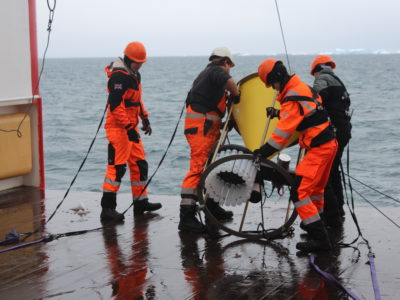Research projects
Filter:
Filtered:
See also Ecosystems team or Ecology & biodiversity
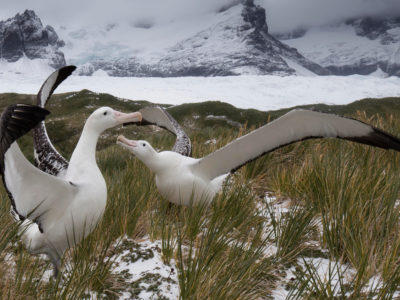
Bycatch risk of wandering albatrosses from radar detection
Wandering albatrosses are threatened by bycatch. Populations at South Georgia have declined catastrophically since the 1960s due to incidental mortality (bycatch) in fisheries (Pardo et al. 2017) [1]. This led …
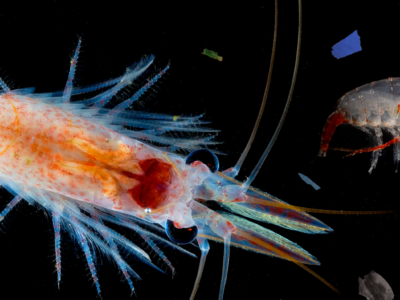
CUPIDO
CUPIDO aims to address: what is the role of zooplankton in promoting the transport of plastic in the ocean?
and how this plastic transport interferes with zooplankton’s ability to store carbon in the deep ocean?
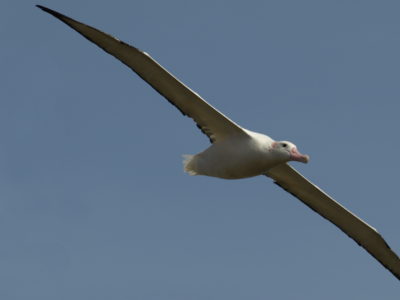
Higher Predators – Long-Term Science
The British Antarctic Survey carries out Long Term Science that measures changes in Antarctic ecosystems and seeks to understand the underlying drivers and processes. Marine predators are sensitive to changes …
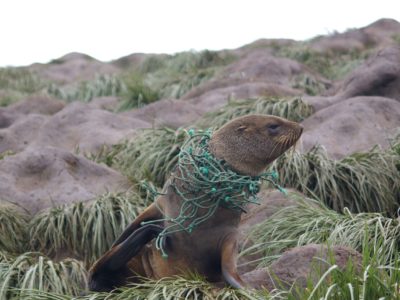
Long term monitoring of plastics
This long-term study monitors the impact of marine plastics and other debris on breeding seabirds at Bird Island. Researchers have monitored the levels of marine plastics and other material from …
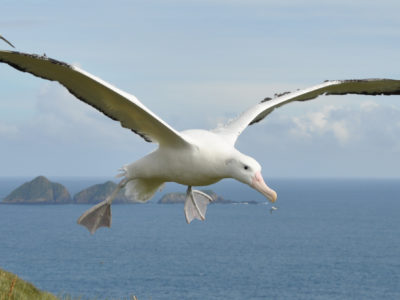
Spatial Segregation of Seabirds at South Georgia
Seabirds are amongst the most globally threatened birds, often as a consequence of incidental mortality (bycatch) in fisheries [1] [2]. At South Georgia, wandering albatrosses have declined since the 1970s [3], and are listed …
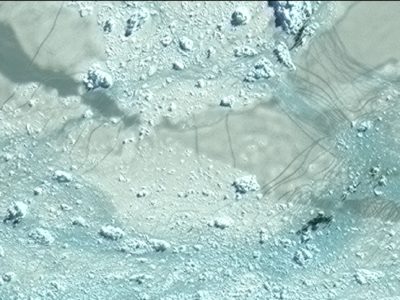
Wildlife from Space
Many populations of wildlife are remote, inaccessible or difficult to monitor. The advent of sub-metre, Very-High-Resolution (VHR) satellite imagery may enable us study these animals in a much more efficient …
